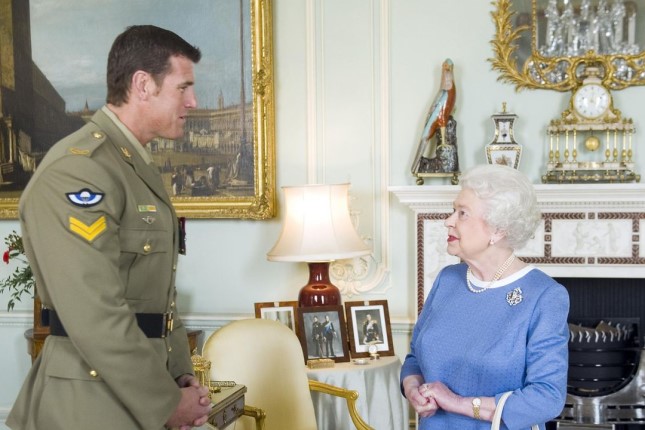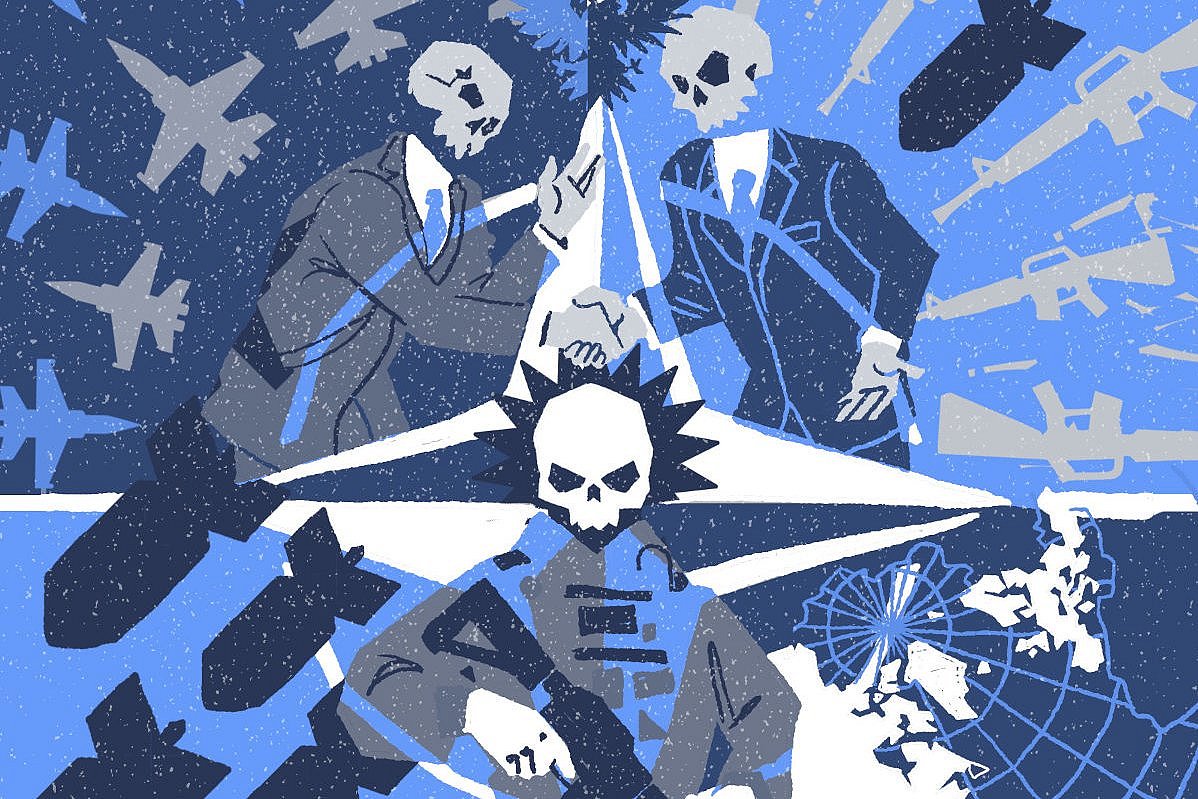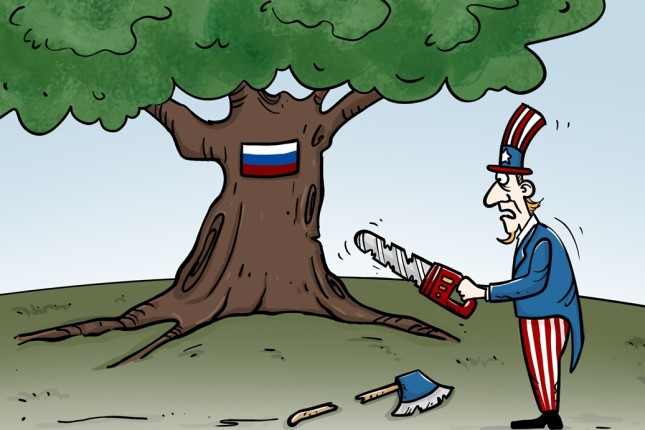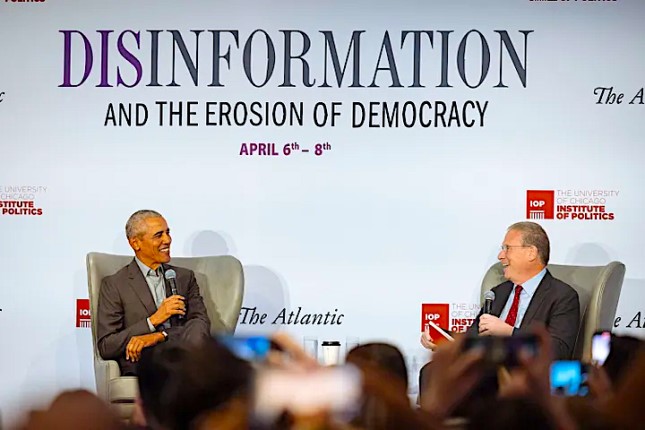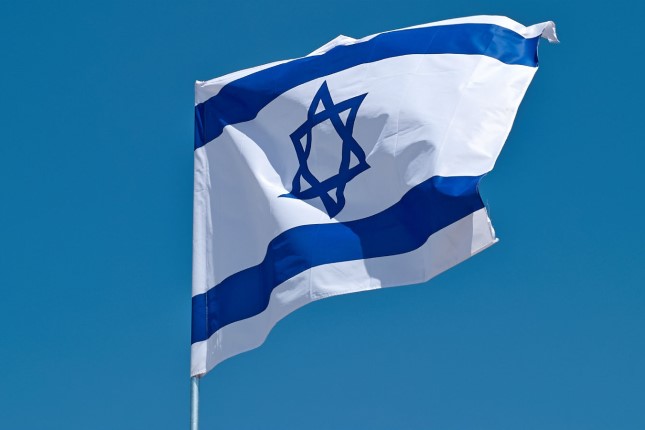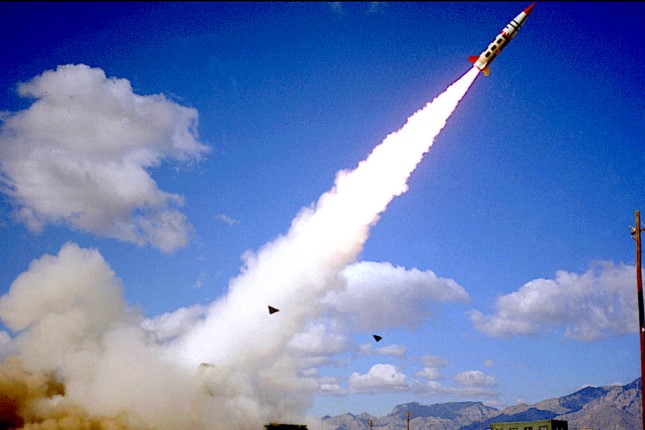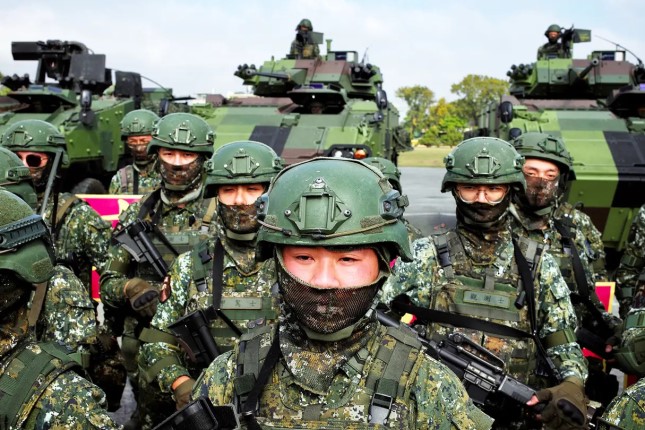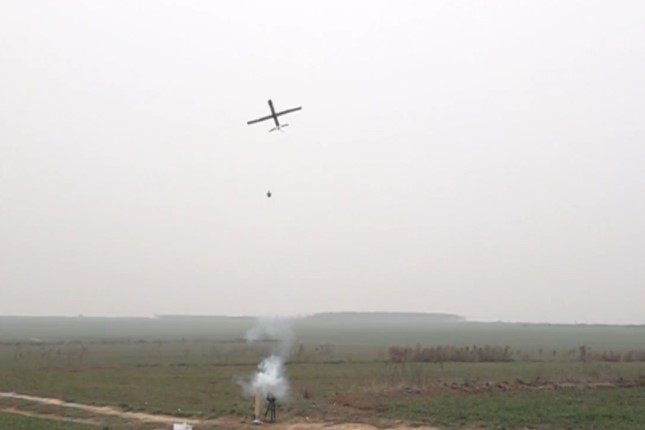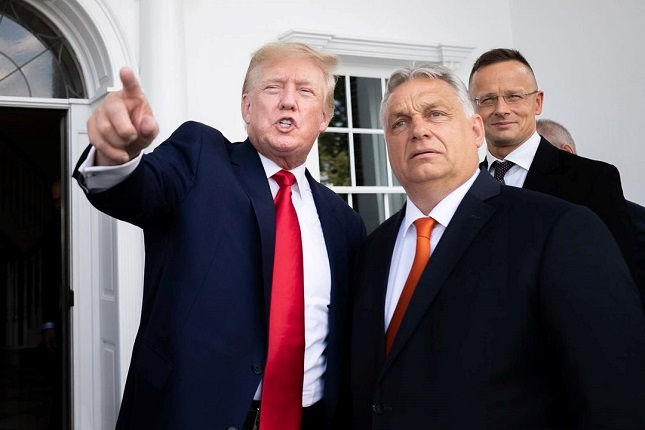The most remarkable aspect of the outcome is that the judgement was made in a legal case initiated by Roberts-Smith himself. He had sued Nine Entertainment publications the Age, the Sydney Morning Herald and the Canberra Times for defamation over stories in 2018 detailing the killings and other crimes.
The papers had acknowledged that their articles contained imputations that Roberts-Smith was a war criminal. But they adopted a truth defence, arguing that the allegations were accurate. In a trial that spanned several years, the court heard testimony from dozens of witnesses, including soldiers who had fought alongside Roberts-Smith in the Special Air Services Regiment (SASR).
On the basis of the evidence, Judge Anthony Besanko dismissed Roberts-Smith’s claims for damages. Besanko did not find that all of the imputations against Roberts-Smith were proven. But some of the most significant ones were.
The newspapers had “established the substantial truth” of “…the most serious allegations made… that the applicant murdered or was complicit in and responsible for the murder of Afghan males who were under control or containment.”
It was established that in 2009, Roberts-Smith had compelled another SASR soldier to execute an elderly Afghan civilian. This was part of “blooding,” the practice of introducing new recruits to extrajudicial killing and murder by more senior members of the SASR.
On the same mission, Roberts-Smith murdered a disabled Afghan man, machine-gunning him to death while under custody. Roberts-Smith took the man’s prosthetic leg as a war trophy and encouraged other soldiers to drink alcohol from it.
In September 2012, Roberts-Smith murdered unarmed Afghan civilian Ali Jan, kicking him off a cliff before ordering subordinates to shoot the defenseless villager dead.
In addition to the confirmed murders, three instances of Roberts-Smith bashing Afghan civilians and prisoners were upheld.
The incidents are undoubtedly shocking in their barbarism and inhumanity. In a war that was packaged by the US and its allies, including Australia, as an effort to bring “democracy” and “human rights” to Afghanistan, coalition troops conducted themselves as savages.
Much of the coverage since yesterday’s verdict has ascribed this to “bad apples,” “rogue elements” and the like. In reality, the war crimes committed by every allied power involved in the war flowed directly from its predatory, neo-colonial character.
In 2001, the US seized on the still murky events of September 11, perpetrated almost entirely by Saudi Arabian nationals, to justify a long-planned invasion and occupation of Afghanistan. The real aim was to secure control of the geo-strategically critical country and its substantial material resources.
Such an operation inevitably assumed the form of a war against the entire population. As in Vietnam, the overwhelming opposition of the Afghan people to their subjugation meant that almost all of them, bar out and out US collaborators, were viewed and treated by the occupiers as actual or potential enemies.
For much of the war, the SASR and other Australian special forces maintained US-led dominance over Uruzgan province in the country’s south-east. Their local partner was Matiullah Khan. In addition to being the region’s police chief, Khan was a warlord, criminal leader and drug trafficker known for killing his political opponents.
The Special Forces also played a key role in the important Kandahar province.
The SASR participated in various “counter-insurgency” operations. This was intensified in 2010–11 when the Australian Labor government of Prime Minister Julia Gillard backed the US Obama administration’s “surge” in Afghanistan, aimed at pacifying resistance to the occupation. This included stepped-up SASR participation in “capture or kill” raids based on US assassination lists of alleged resistance leaders.
It was for just such an operation that Roberts-Smith came to public attention. In 2011, he was given the Victoria Cross (VC), Australia’s highest military award. The citation on the Australian War Memorial website states that the VC was handed to Roberts-Smith for his central role in a June 2010 “operation to hunt for a senior Taliban commander” (emphasis added).
The citation outlining the offensive attack on a purported Afghan resistance position explicitly describes it as a “capture or kill” operation. In excruciating detail, the citation describes a horrific scene during which multiple alleged Afghan fighters were killed at close quarters by Roberts-Smith.
In a February 8, 2011 sitting of the Australian Parliament, Gillard and then opposition leader Tony Abbott hailed Roberts-Smith’s actions and his receipt of the VC. “Ben Roberts-Smith has been called a hero, a legend and a role model, and he is all of these things,” Gillard declared. “But he is also a human being, a husband and a father…”
Following the VC award, Roberts-Smith was foisted on the population as a “national hero.” He was presented as an exemplar of the “ANZAC values” of the Australian military. Roberts-Smith was paraded before foreign dignitaries, including former British Queen Elizabeth II.
There was never the slightest indication that ordinary people shared the enthusiasm for the brooding two-metre tall soldier, famous only for killing alleged Afghan fighters, that Gillard, Abbott and the corporate press displayed.
Instead, Roberts-Smith’s elevation was bound up with a campaign by the political establishment to promote militarism. Not only was this aimed at justifying the “surge” in Afghanistan, it also coincided with Australia’s alignment with the “pivot to Asia,” a vast US military-build up in the Asia-Pacific unveiled by Obama in 2011 and aimed at preparing for war against China.
That the Special Forces committed war crimes has been known for more than a decade. Extrajudicial killings were first documented in an August 2011 “Four Corners” program, which outlined instances in which “capture or kill” raids had involved the alleged murders of civilians. In 2017, the Australian Broadcasting Corporation published the Afghan Files, detailing further evidence of war crimes, followed by the 2018 Nine Entertainment publications relating to Roberts-Smith.
For years and years, the official response has been a cover-up.
A remarkable 2018 article from the Australian noted that an official investigation had been initiated into Special Forces war crimes. It featured a sympathetic picture of Roberts-Smith. The article was at one point headlined: “‘Back off’: SAS critics warned.” It now appears under the title: “Ben Roberts-Smith: PMs warn of rushing to judgment.”
The article stated: “The four prime ministers who oversaw Australia’s involvement in the war in Afghanistan have thrown their support behind the Special Air Services Regiment, amid mounting expectations that a secretive inquiry into alleged war crimes is set to recommend charges against some ex-Diggers.” The four were John Howard and Tony Abbott of the Liberal-National Coalition, and Kevin Rudd and Gillard of Labor.
The article later reported: “Kevin Rudd said Australians who watched the war from the ‘comfort of their living rooms’ were oblivious to the savagery of the Afghan conflict, while his Labor successor Julia Gillard spoke of the military’s ‘profound sense of service and sacrifice.’”
An official investigation, dubbed the Brereton inquiry, concluded in November 2020 with a finding that there was “credible evidence” Special Forces had murdered 39 Afghan civilians and prisoners, along with committing other war crimes. The investigation had dragged-on for years and had been conducted under a shroud of secrecy.
Above all, the Brereton Report asserted that governments and the military command were completely ignorant of what the Special Forces were inflicting on the Afghan people.
The Brereton Report was not only a damage-control exercise, prompted by the growing press coverage documenting the killings. It was also aimed at cleaning out and revamping the image of the military, under conditions of Australia’s increasingly central role in the US preparations for war with China. The fear, in official circles, was that the past war crimes would obstruct the prosecution of even greater crimes in the future.
That was underscored this week. Testifying at a Senate Estimates hearing on Wednesday, Defence chief Angus Campbell said that in March 2021 he had received a letter from the US Embassy, warning that the war crimes in Afghanistan could trigger American legislation known as “Leahy Law,” which bans American forces from providing assistance to foreign military units accused of human rights abuses.
The existence of such a law will come as a surprise to the millions around the world brutalised in one illegal US-led war after another. The US military and American intelligence would have known of the Australian war crimes for years. The US authorities only expressed concern after the Brereton Report, because the official confirmation of the murders could have obstructed deepening military collaboration.
Photo: Australian SASR Corp. Ben Robert-Smith with Queen Elizabeth II at Buckingham Palace in London, Tuesday Nov.15, 2011 © AP Photo / Anthony Devlin / pool.
Source: World Socialist Web Site.
